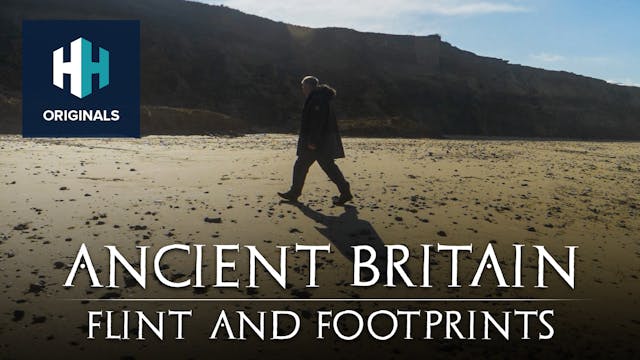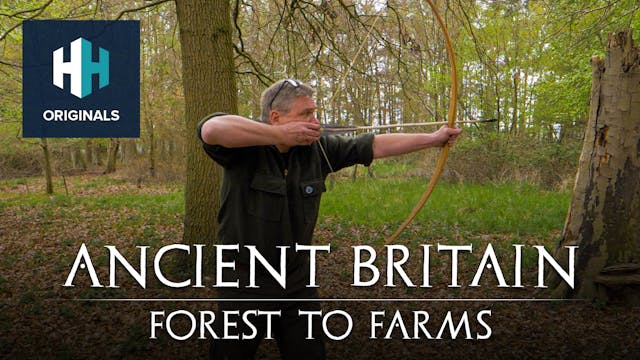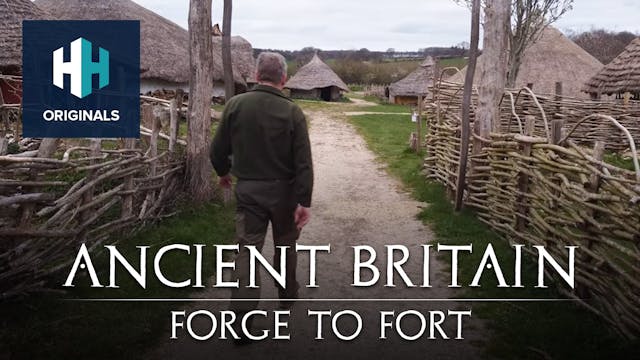In 60 AD, the fledgling Roman town of Colchester witnessed ancient Armageddon. Thousands of British warriors descended on the settlement, turning what was then the capital of Roman Britain to ash. At the head of these attackers was one of the most well-known figures in British history - the warrior woman Boudica. Her bloody assault on Colchester marked one of the first gruesome events of her revolt against the Romans.
For a long time, the Roman historian Tacitus was our main source for Boudica’s great burning of Colchester. But no longer. Beneath the ground level of the modern city, archaeologists have uncovered actual physical evidence of the burning. From a visible ash layer in the soil, to a great wealth of artefacts that have revealed more about the sheer brutality of Boudica’s onslaught and the tragic tales of innocent victims caught up in the carnage.
Tristan Hughes visits Colchester to investigate this incredible archaeology and to see whether it supports the surviving Roman account for Boudica’s bloody sacking of this settlement almost 2,000 years ago.
Up Next in Ancient
-
Ancient Britain with Ray Mears: Flint...
Britain is an island where history is well and truly part of the landscape and an island where human feet have walked for a million years. We are constantly making groundbreaking archaeological discoveries that are helping us to better understand the way in which our distant ancestors lived.
Joi...
-
Ancient Britain with Ray Mears: Fores...
12,000 years ago, Britain entered a new chapter in its long history. By this point, hunting tools had evolved, from hefty spears to the slick and stealthy bow and arrow. This revolution in technology would change the way humans hunted forever.
In a period in which Britain was also thawing and e...
-
Ancient Britain with Ray Mears: Forge...
Around 800 BC, Britain entered the Iron Age. This era saw the gradual introduction of iron working technology, although the general adoption of iron artefacts did not become widespread until after 500-400 BC.
As the Iron Age progressed through the first millennium BC, strong regional groupings e...




28 Comments